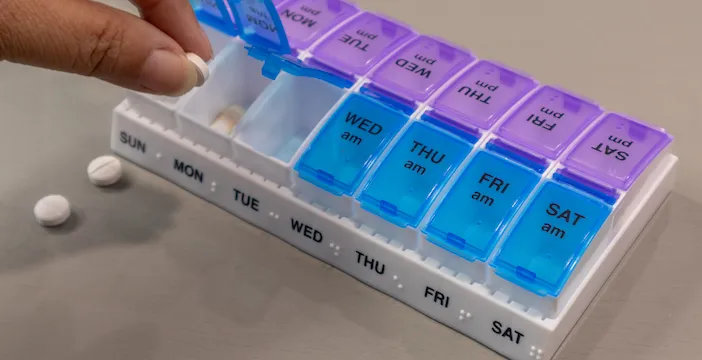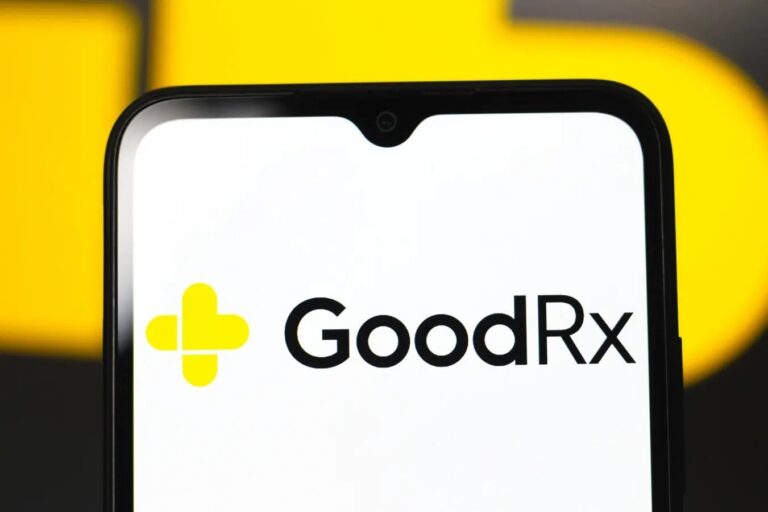Modafinil vs Other Cognitive Enhancers
The use of cognitive enhancers has expanded beyond clinical treatment into classrooms, offices, and even sports fields. While modafinil is often considered the gold standard among smart drugs, many turn to alternatives like Adderall, Ritalin, piracetam, or supplements such as Alpha BRAIN®. But how do these substances really compare in terms of effectiveness, safety, and suitability for healthy individuals?
What Is Modafinil?
Modafinil is a prescription wakefulness-promoting agent approved by the U.S. FDA for narcolepsy, obstructive sleep apnea, and shift work sleep disorder (U.S. Food and Drug Administration, 2007). Unlike amphetamines, it does not significantly elevate dopamine to levels associated with euphoria or addiction.
Its cognitive effects, particularly in sleep-deprived individuals, include improved alertness, attention, and executive functioning, and it carries a relatively low risk of abuse (Bagot & Kaminer, 2014).
Prescription Stimulants: Adderall, Vyvanse, and Ritalin
Adderall (Mixed Amphetamine Salts)
Adderall is a potent stimulant prescribed for ADHD. In healthy individuals, it improves attention, response time, and working memory, but often at the cost of side effects such as anxiety, insomnia, and appetite suppression (Ilieva, Boland, & Farah, 2013).
A systematic review found that among students, Adderall is frequently misused for academic performance, with unclear long-term benefits and a significant risk of dependency (Plumber et al., 2021).
Vyvanse (Lisdexamfetamine)
Vyvanse, a prodrug of dextroamphetamine, offers a slower onset and is marketed as having a lower potential for misuse. However, data on its off-label use for cognitive enhancement in healthy individuals is sparse and does not clearly demonstrate superiority over other amphetamines (Plumber et al., 2021).
Ritalin (Methylphenidate)
Ritalin is another stimulant commonly prescribed for ADHD. Its mechanism, like Adderall’s, increases dopamine and norepinephrine levels, but with a shorter duration of action.
In non-ADHD youth, the effects of Ritalin on attention and memory are inconsistent and often baseline-dependent. Some users report performance gains, while others experience no benefit or even cognitive disruption (Bagot & Kaminer, 2014).
Piracetam: The Underground Classic
Piracetam is one of the earliest synthetic nootropics, originally developed in the 1960s. It’s marketed in some countries for memory enhancement, but is unapproved by the FDA and widely available through online gray markets.
While piracetam is generally viewed as safe, its cognitive-enhancing effects in healthy individuals remain unproven. Its internet-driven popularity has contributed to misuse, often without medical oversight (Corazza et al., 2014). Reported side effects include headaches, irritability, and potential drug interactions, particularly when the product is sourced from unregulated vendors.
Alpha BRAIN®: A Supplement with Clinical Backing
Alpha BRAIN® is a commercially available nootropic supplement containing a proprietary blend of ingredients like bacopa, cat’s claw, and huperzine A.
A randomized, double-blind, placebo-controlled study found that Alpha BRAIN® significantly improved verbal memory and executive function in healthy adults after six weeks of use (Solomon et al., 2015). While these findings are promising, the magnitude of improvement is modest compared to pharmaceutical options.
Comparison Table
| Substance | Legal Status | Abuse Risk | Cognitive Effects in Healthy Users | Primary Mechanism |
|---|---|---|---|---|
| Modafinil | Prescription | Low | Improves alertness, executive function (FDA, 2007) | Dopamine transporter inhibition (low potency) |
| Adderall | Prescription (ADHD) | High | Strong short-term gains; high misuse (Ilieva et al., 2013) | Dopamine/norepinephrine release |
| Vyvanse | Prescription (ADHD) | Moderate | Less studied; risk still present (Plumber et al., 2021) | Prodrug amphetamine |
| Ritalin | Prescription (ADHD) | Moderate | Mixed results in non-ADHD youth (Bagot & Kaminer, 2014) | Dopamine/norepinephrine reuptake inhibition |
| Piracetam | Not FDA-approved | Low–Moderate | Anecdotal use; limited clinical proof (Corazza et al., 2014) | Unknown; possible cholinergic modulation |
| Alpha BRAIN® | OTC Supplement | Low | Verbal memory gains in 6-week trial (Solomon et al., 2015) | Herbal; acetylcholine-related pathways |
Ethical and Safety Considerations
Using prescription stimulants or cognitive enhancers outside of medical supervision raises safety and ethical concerns. Side effects, dependency, and long-term cognitive impact are particularly concerning in young adults and students (Plumber et al., 2021).
By contrast, modafinil offers a more favorable safety profile for off-label use but still lacks long-term data in healthy populations. Supplements like Alpha BRAIN® are legal and low-risk, but their effects are comparatively mild.
Conclusion
Modafinil offers a strong balance between efficacy and safety, particularly in situations involving fatigue or sleep deprivation. Amphetamine-based stimulants such as Adderall and Ritalin may deliver more dramatic short-term boosts, but they also carry higher risks and raise ethical concerns. Piracetam remains largely unsupported by rigorous evidence, while Alpha BRAIN® provides a safer but milder alternative with support from at least one clinical study.
References
- Bagot, K. S., & Kaminer, Y. (2014). Efficacy of stimulants for cognitive enhancement in non-attention deficit hyperactivity disorder youth: A systematic review. Addiction, 109(4), 547–557. https://doi.org/10.1111/add.12460
- Corazza, O., Bersani, F. S., Brunoro, R., Valeriani, G., Martinotti, G., & Schifano, F. (2014). The diffusion of performance and image-enhancing drugs (PIEDs) on the internet: The abuse of the cognitive enhancer piracetam. Substance Use & Misuse, 49(14), 1849–1856. https://doi.org/10.3109/10826084.2014.912232
- Ilieva, I., Boland, J., & Farah, M. J. (2013). Objective and subjective cognitive enhancing effects of mixed amphetamine salts in healthy people. Neuropharmacology, 64, 496–505. https://doi.org/10.1016/j.neuropharm.2012.07.021
- Plumber, N., Majeed, M., Ziff, S., Thomas, S. E., Bolla, S. R., & Gorantla, V. R. (2021). Stimulant usage by medical students for cognitive enhancement: A systematic review. Cureus, 13(5), e15163. https://doi.org/10.7759/cureus.15163
- Solomon, T. M., Leech, J., Murphy, C., DeBros, G., Budson, A., & Solomon, P. (2015). A randomized, double-blind, placebo controlled, parallel group, efficacy study of Alpha BRAIN® administered orally. Journal of the International Society of Sports Nutrition, 12(Suppl 1), P54. https://doi.org/10.1186/1550-2783-12-S1-P54
- U.S. Food and Drug Administration. (2007). PROVIGIL® (modafinil) tablets [Prescribing information]. U.S. Department of Health and Human Services. https://www.accessdata.fda.gov/drugsatfda_docs/label/2007/020717s020s013s018lbl.pdf








